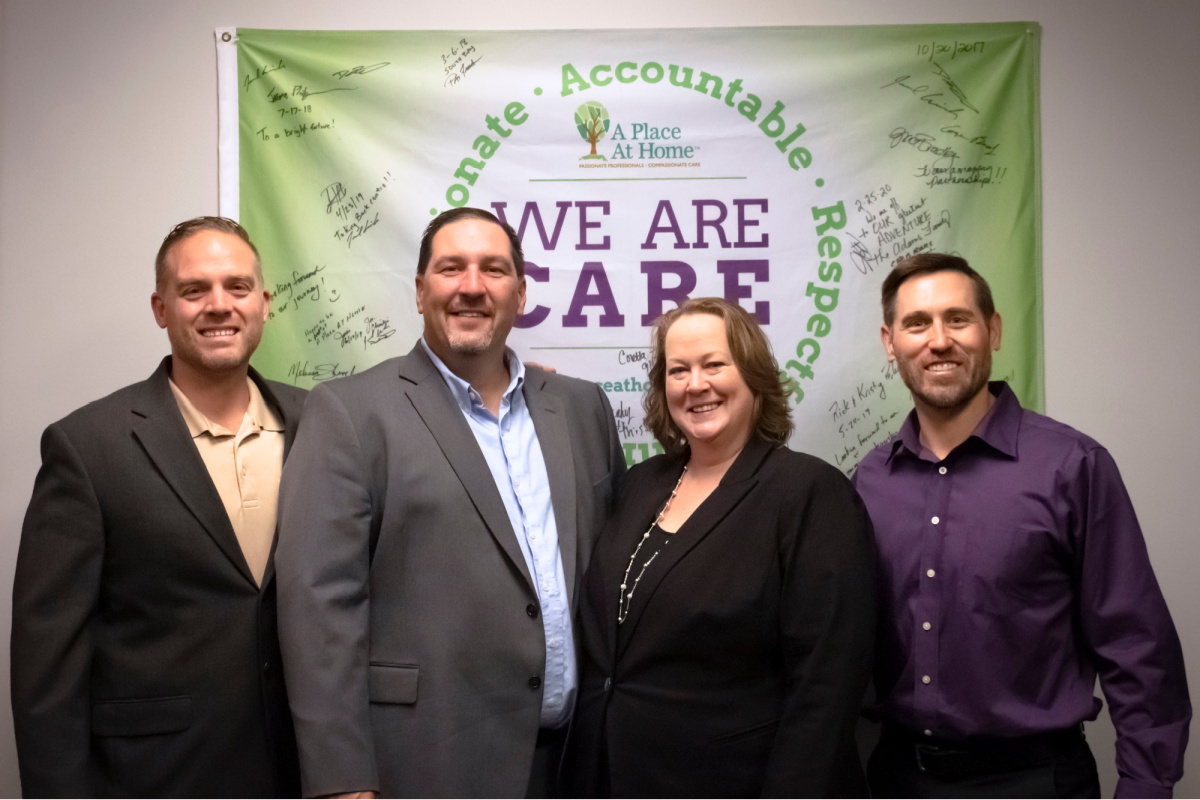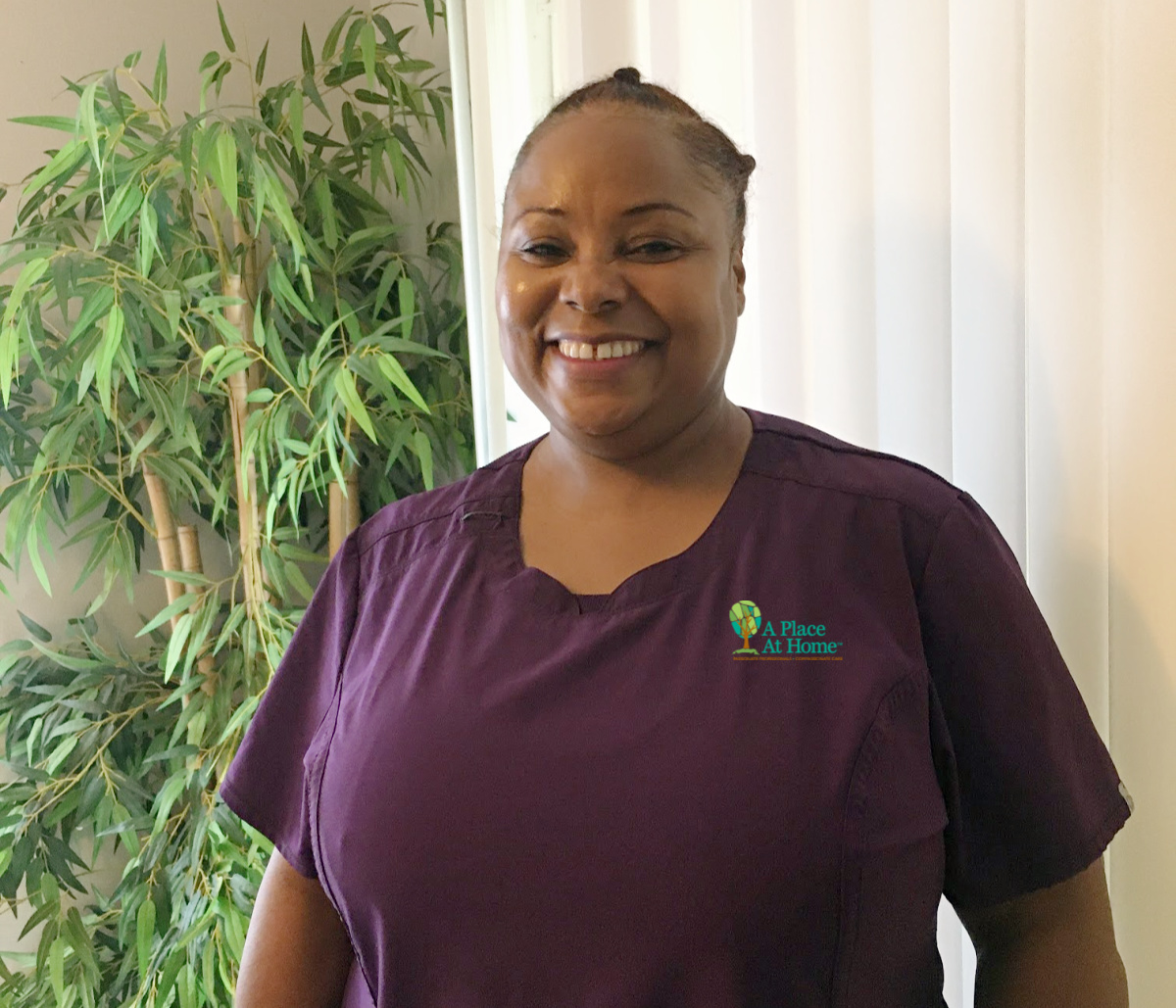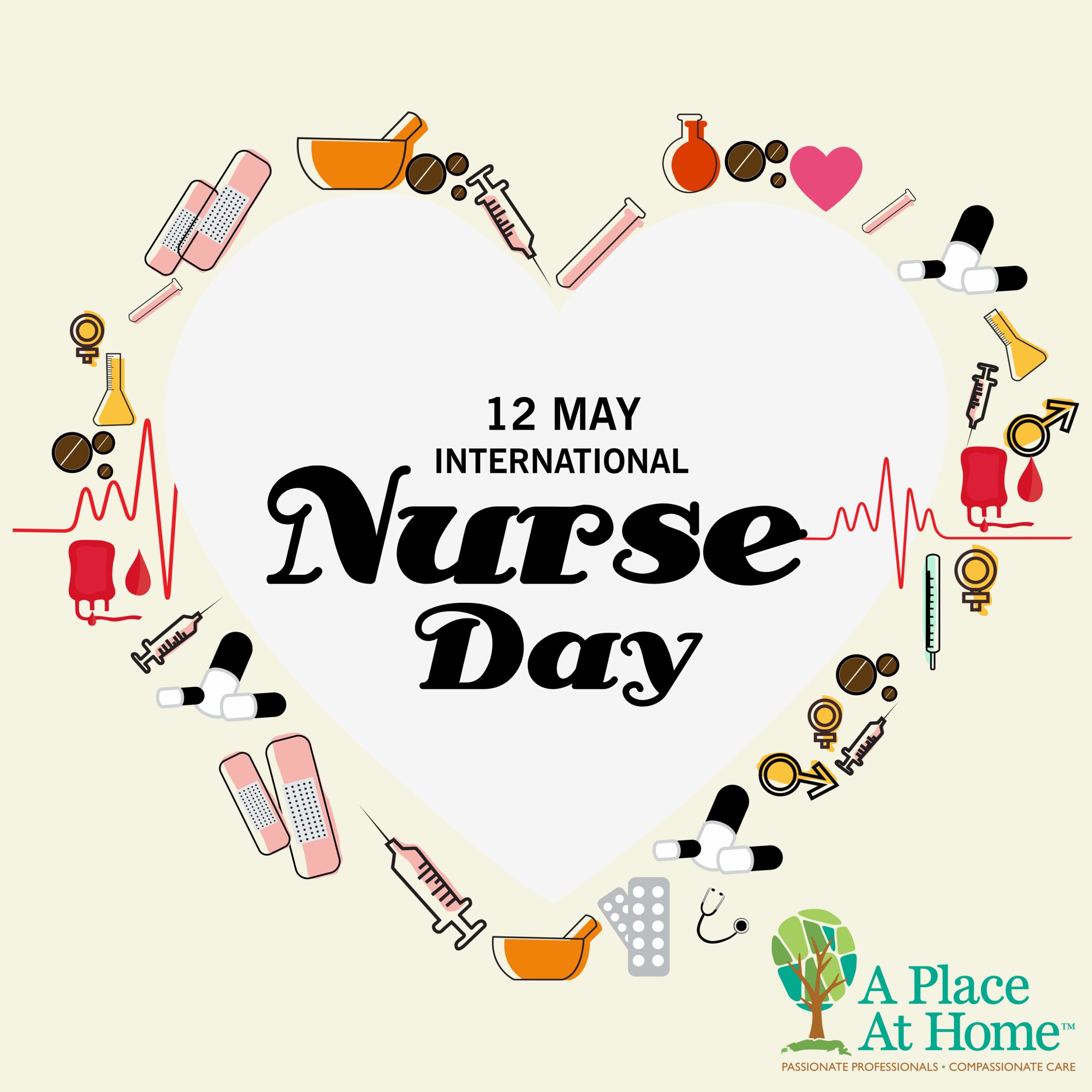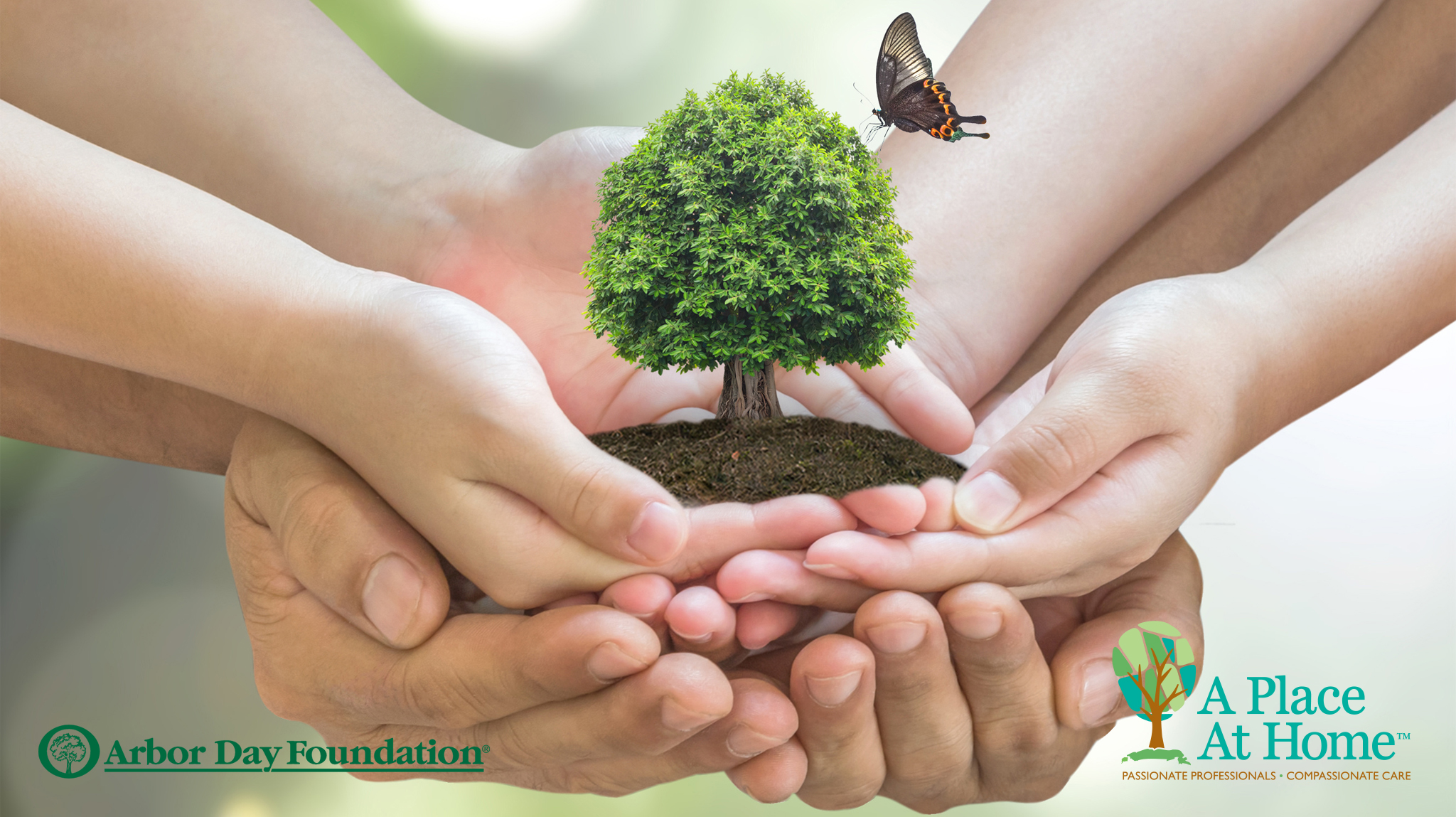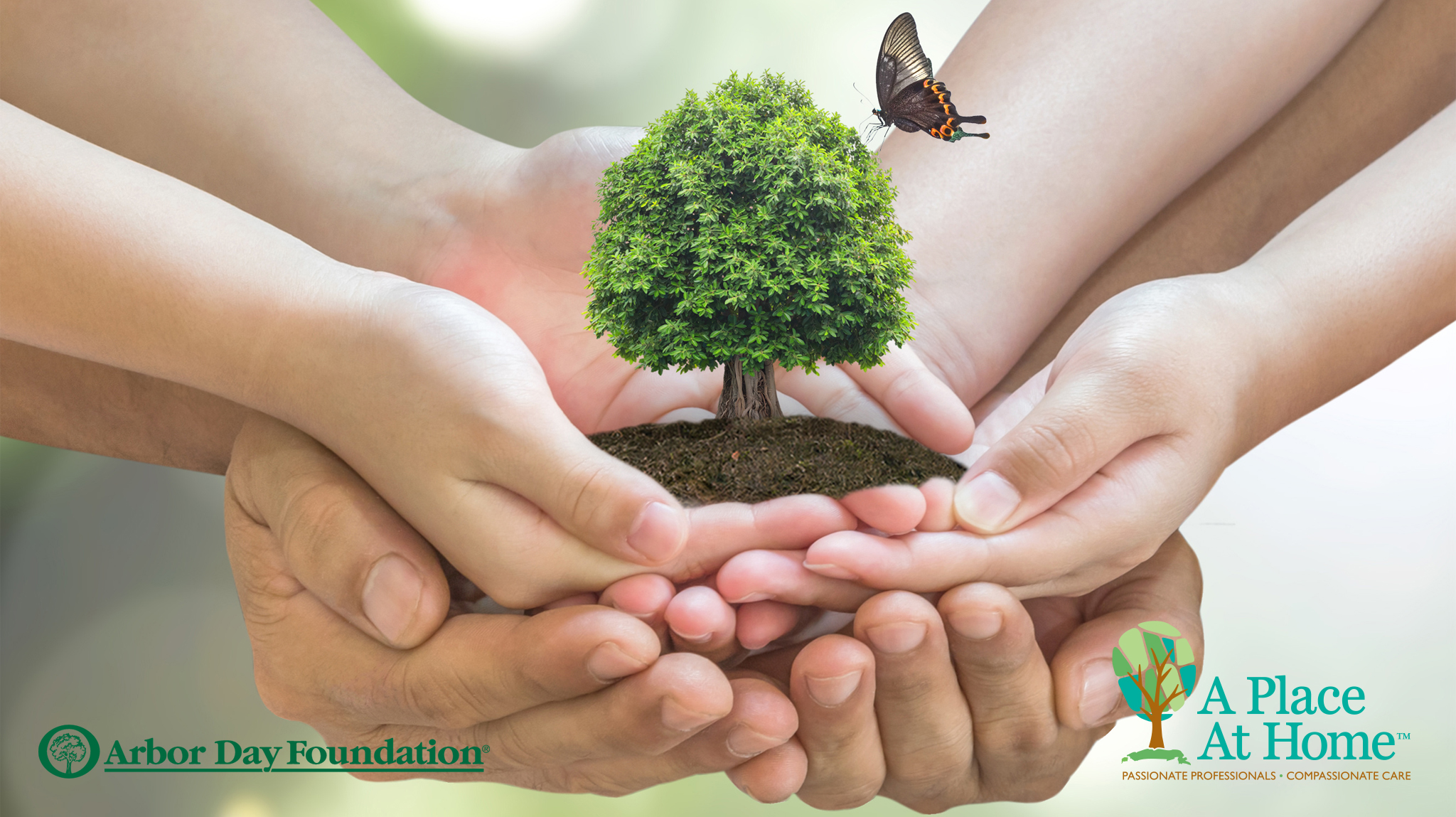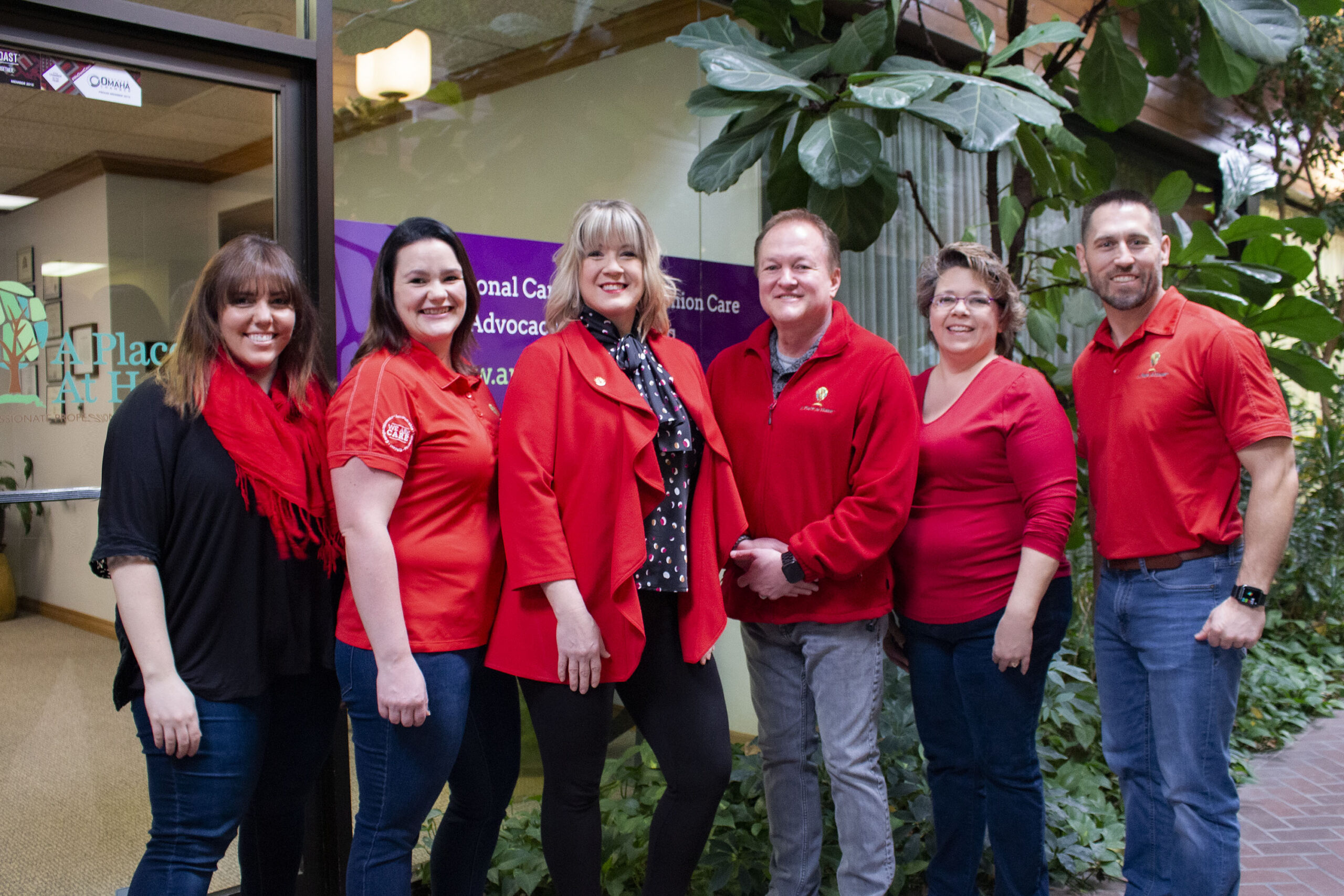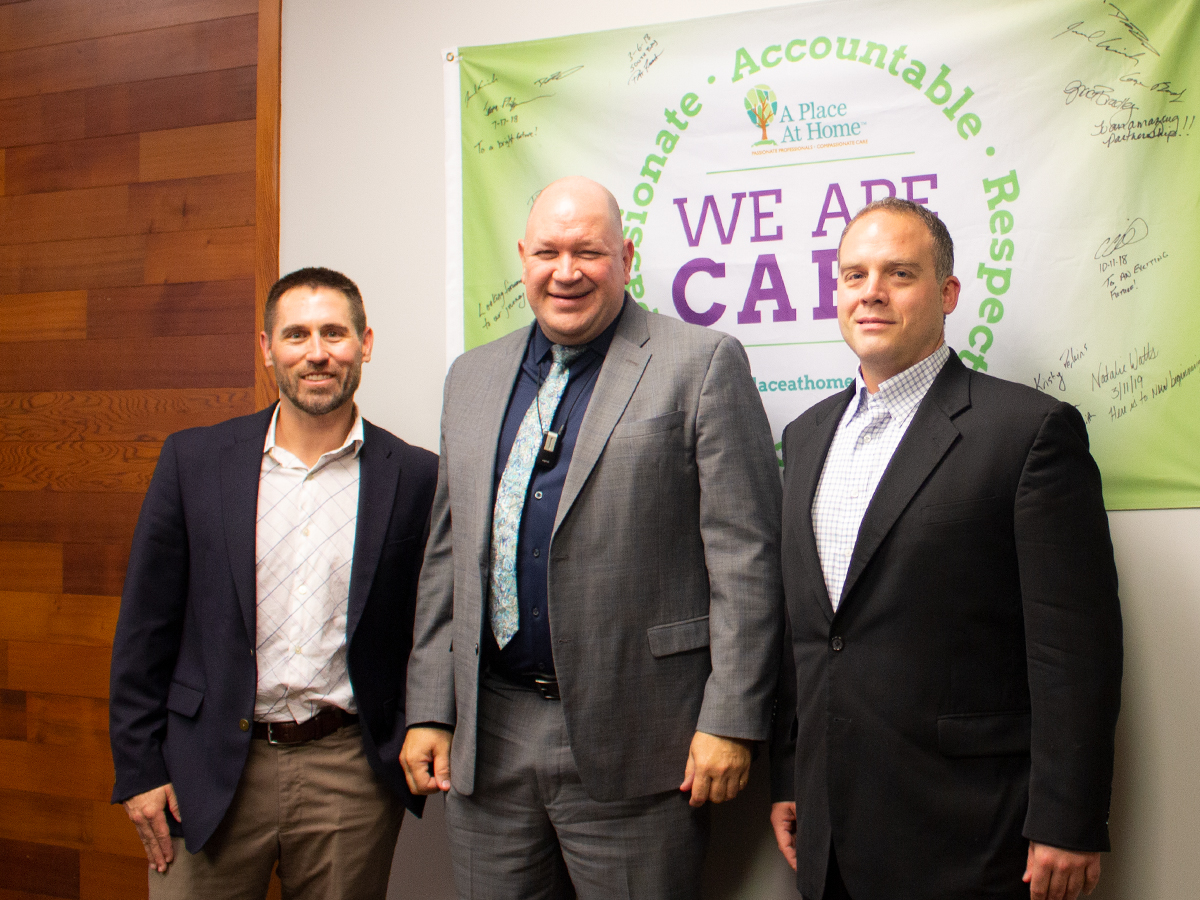Omaha-based A Place At Home is now 100% franchisee-owned.
The day before the 2nd Annual A Place At Home Franchise Convention, A Place At Home Franchise sold its original Omaha location to Papillion franchisees, Rick and Kris Perkins.
“I can’t think of a better match for our Omaha-location than Kris and Rick. They won our 2020 Rookie of the Year award at this year’s convention, they’ve cared about the seniors of our community for a long time, and I am completely confident in their ability to take over Omaha operations. The staff loves them, we love them, it was a perfect match,” said Dustin Distefano, CEO and Co-Founder of A Place At Home.
Rick is a former counselor and manager who spent 20 years with Child and Adult Protective Services. He also served as Program Coordinator for the Juvenile Assessment Center. Kris is a former 911 dispatcher and EMT. She also worked in sales and deployment roles for Motorola Solutions, Inc., where she deployed public safety software across the United States. This husband-and-wife team has been running the Papillion franchise location for over a year now.
“Helping seniors age in their own homes has become a passion for us, and the Omaha team has been so wonderful to work with during this transition,” Kris says.
“We understand enlisting the help of professionals to care for loved ones is a tough decision to make,” said Rick. “We want the Omaha community to know we’ll treat your family like we’d treat our own family. And we want to ease the stress of the transition to an assisted living community when the time comes.”
The Papillion franchise office is located at 10791 S. 72nd St., Suite #104, and serves Bellevue, Offutt, Ralston, Chalco, La Vista, Council Bluffs, and Center Lake. The Perkins will establish the new Omaha location at 9829 S 168th Ave, Suite A in 2021. They will also have a central satellite office at Terrace Plaza, 11414 W Center Rd. They will also serve Elkhorn, Fremont, Blair, Wahoo, and Gretna and the Iowa communities of Council Bluffs, Crescent, and Glenwood.
To A Place At Home co-founders, Jerod Evanich and Dustin Distefano, awarding franchises to the right people is an important part of fulfilling their mission:
“To be passionate professionals providing the compassionate care solutions you need, when and where you need us.”
If you or someone you love needs care in their home, contact us today!

